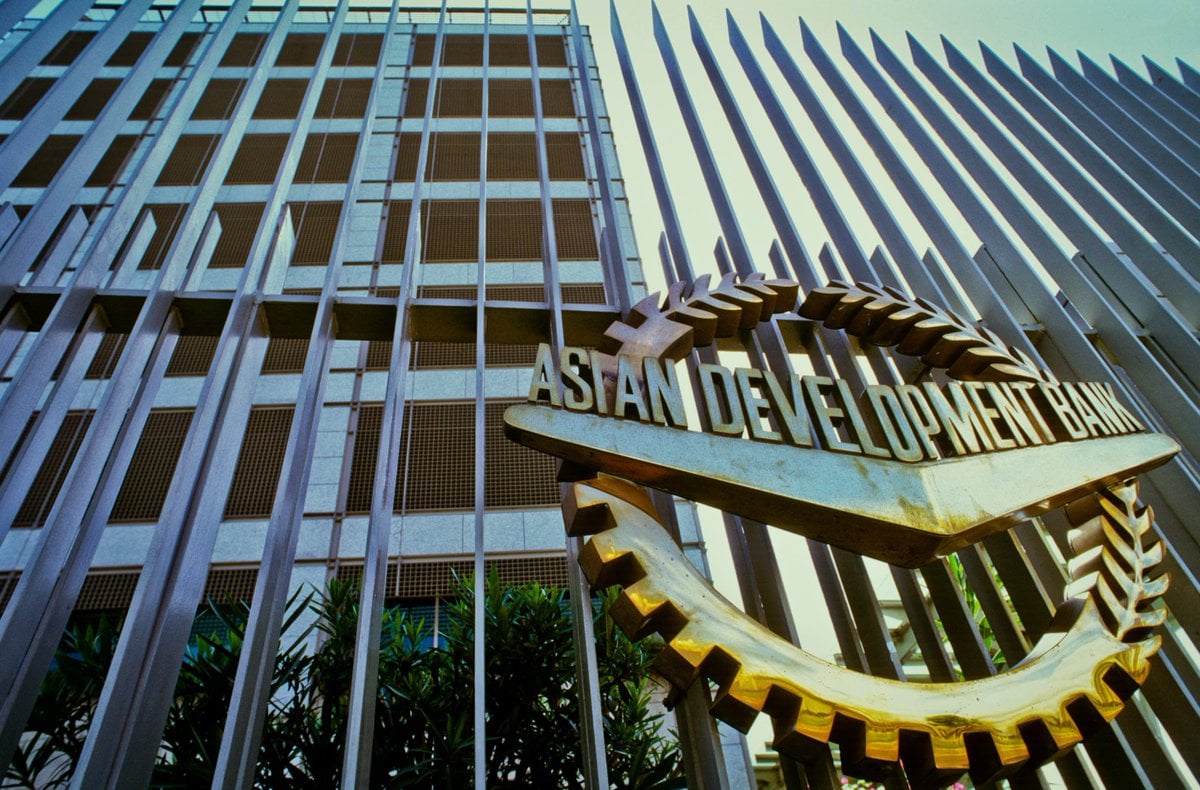State Minister for Interior Talal Chaudhry revealed that Pakistan has identified over 481 social media accounts operated by terrorist organisations under false identities. These accounts, he stressed, are not affiliated with any political party or their workers, but are directly linked to internationally sanctioned extremist groups.
Speaking at a press conference alongside Minister of State for Law and Justice Barrister Aqeel Malik, Chaudhry urged global social media platforms to take immediate and robust action to block these accounts, which pose a significant threat to national and international security.
“These are not ordinary or political accounts. They are linked to jet-black terrorist organisations — groups that have been banned by the United Nations, United States, United Kingdom, and Pakistan,” Chaudhry said, emphasizing the gravity of the situation. He added that these groups are taking advantage of the open and largely unregulated digital space to spread their extremist propaganda.
The accounts operate anonymously and rely on unverified identities, making it difficult for local authorities to trace the individuals behind them. “We are not against freedom of expression, but the line must be drawn when that freedom is used to promote violence and terrorism,” Chaudhry asserted.
Referring to Pakistan’s National Action Plan (NAP), Chaudhry explained that countering the spread of terrorism through both traditional and digital media remains a top priority. “Under NAP, we are committed to eliminating extremist content, and social media has become a major battleground,” he said.
Despite successfully tracking these accounts, enforcement remains challenging. The minister pointed out that when one account is blocked, another—often called a “mirror account”—quickly appears in its place.
To address this recurring issue, the minister urged social media companies like Meta, X (formerly Twitter), and Telegram to adopt AI-based systems capable of detecting and blocking mirror accounts before they gain traction. “We need automated tools that can proactively prevent the re-emergence of these accounts,” Chaudhry said.
He also called on tech firms to share information about account operators and ensure greater transparency in content moderation. “We often don’t even know where these accounts are being operated from — sometimes it’s within Pakistan, sometimes abroad. That ambiguity hinders our ability to act,” he explained.
Chaudhry further revealed that 2,417 complaints regarding terror-related content are currently under review by the authorities. These complaints range from extremist messaging to open recruitment campaigns being run by banned groups on platforms like Facebook, WhatsApp, Instagram, and Telegram.
The minister urged the public to report suspicious activity online and assured that strict action would be taken against violators, regardless of their location.
Echoing Chaudhry’s concerns, Barrister Aqeel Malik reminded the world of Pakistan’s painful history with terrorism. “Pakistan has lost more than 90,000 lives in the fight against terrorism. The economic, emotional, and social cost we’ve paid over the last two decades is immeasurable,” he said.
Malik warned that many of the banned organisations operating online are a threat to global peace and security, not just Pakistan. “These groups are not limited to one country. They are international in scope, and that’s why global cooperation is crucial,” he noted.
According to Malik, the threat of digital terrorism is not limited to mainstream platforms. Messaging apps such as WhatsApp and Telegram are also being misused for coordination and recruitment purposes. “Encryption is being exploited. We need better mechanisms for surveillance in collaboration with these platforms,” he stated.
Malik added that Pakistan would welcome the opening of local offices of major tech companies, which could lead to faster enforcement of rules and a better understanding of regional challenges. “Having local representatives can help bridge the gap between our law enforcement and their compliance teams,” he said.
Both ministers emphasized that Pakistan is seeking collaboration, not confrontation. “We want to work together with tech giants to create a safer digital environment — not just for our people, but for the world at large,” Chaudhry concluded.
As cyber threats evolve, Pakistan’s call for responsible tech regulation and global partnership is gaining urgency. Experts agree that the fight against online extremism can only be won through coordinated international efforts supported by advanced technology and shared responsibility.




